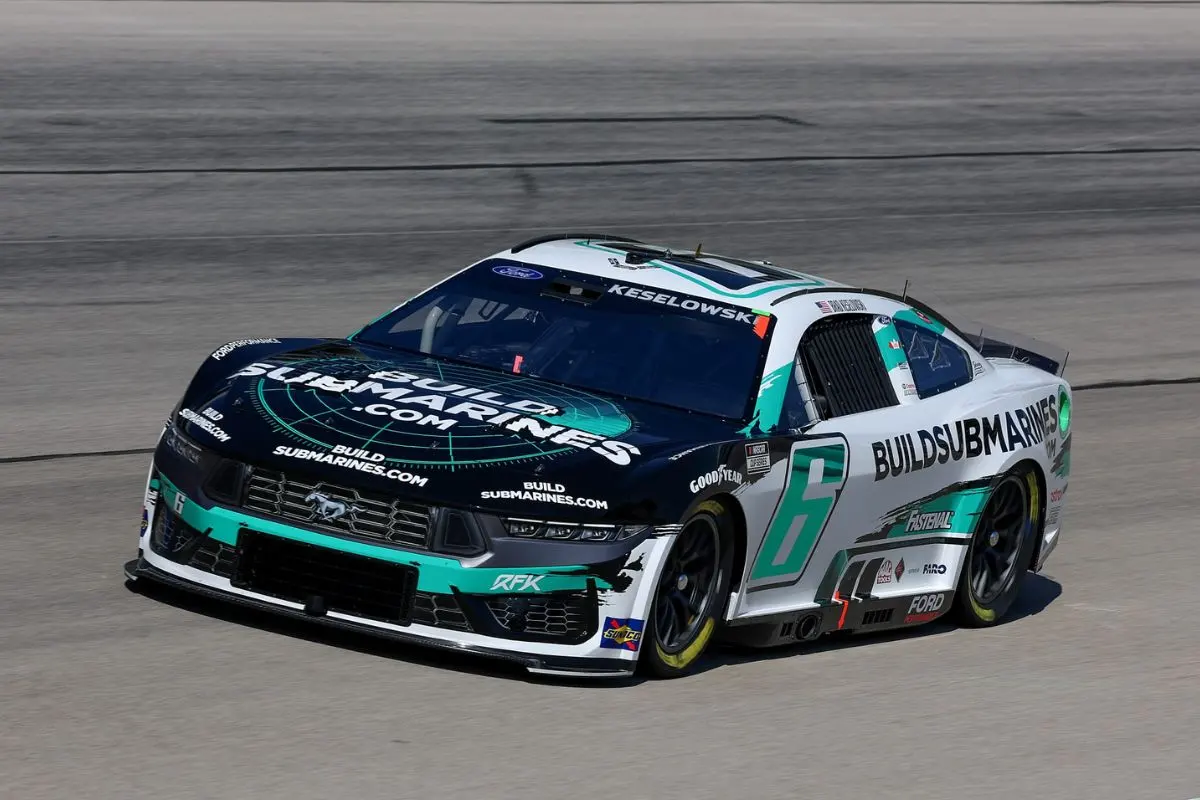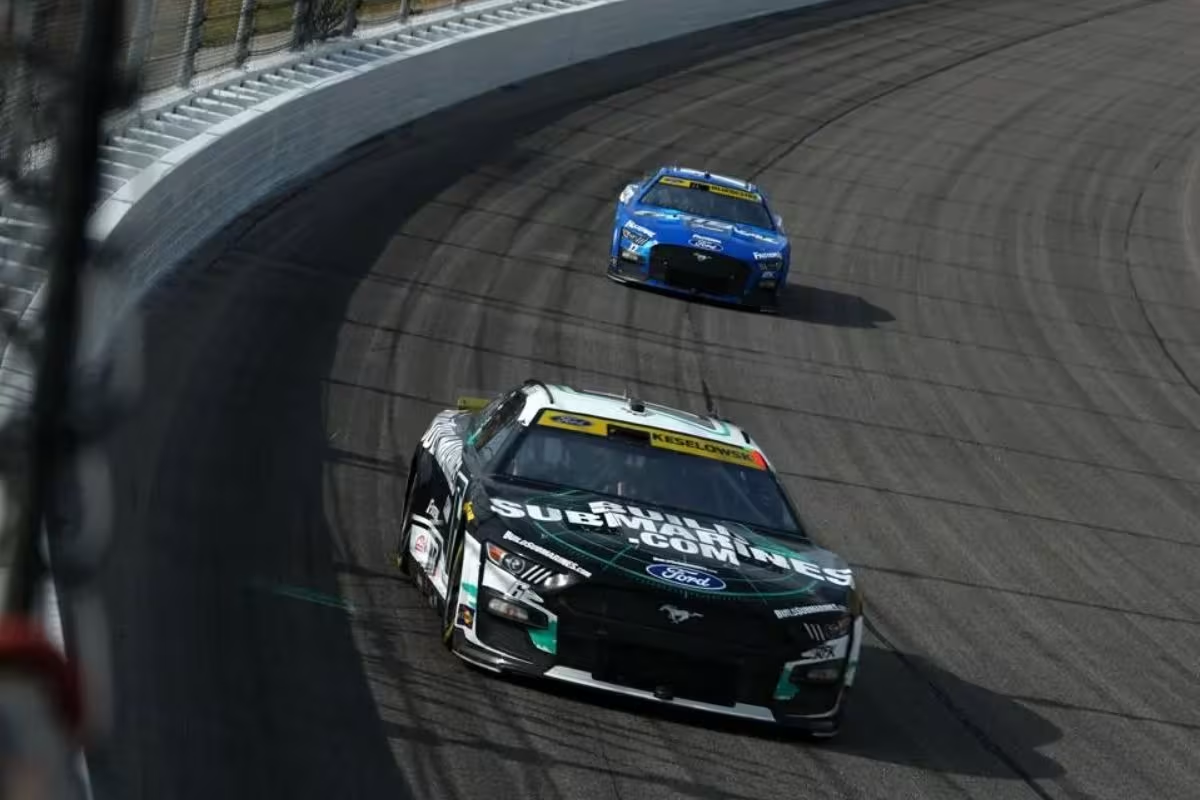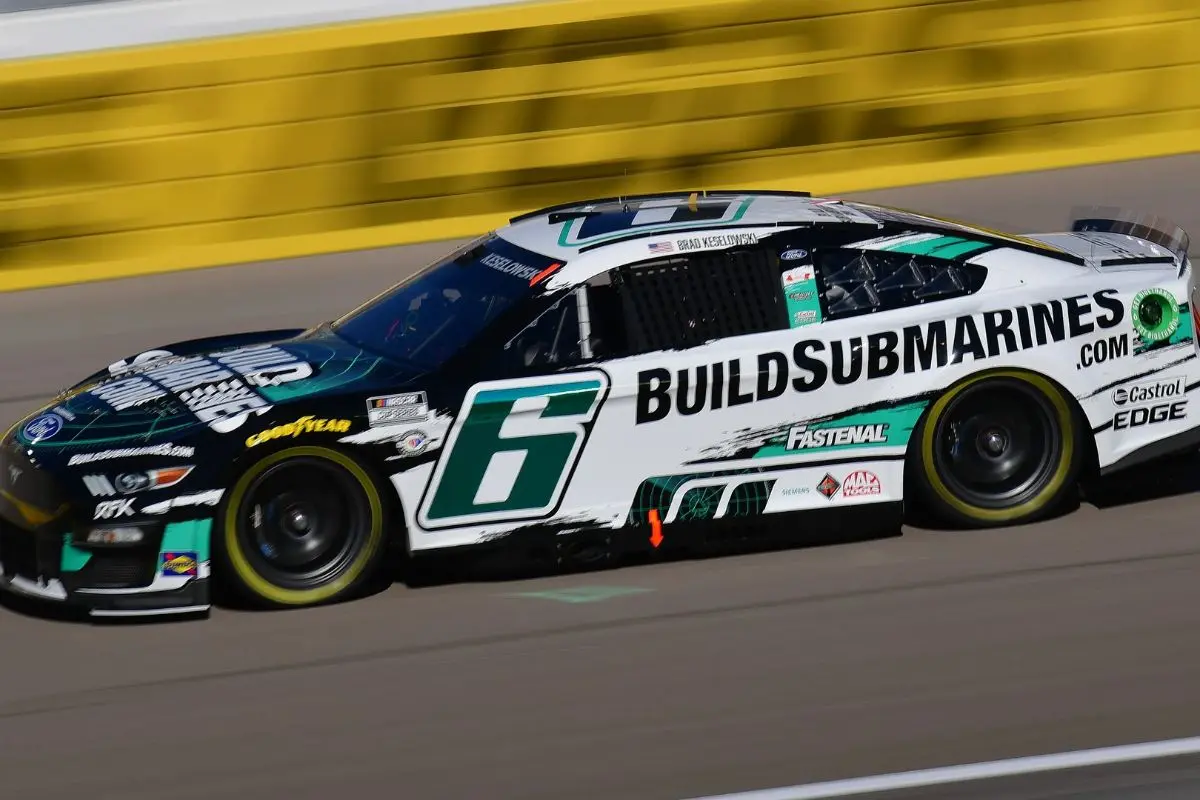Roush Fenway Keselowski Racing stands today as a streamlined contender, but NASCAR fans still recall when Jack Roush’s operation filled the grid with an unmatched fleet. In the mid-2000s, the team’s reach spanned as many as seven Cup Series entries, a staggering presence that captured championships and reshaped the sport’s competitive balance. That remarkable era, marked by engineering strength and independent car shops, left a legacy that still sparks awe and debate about how such dominance could both elevate and strain a racing empire.
Key Highlights
-
Fans recall Roush Fenway Racing fielding five full-time Cup cars in 2007, with part-time efforts pushing the total to seven entries.
-
In 2005, all five primary cars made the 10-car playoffs, combining for 15 wins and top-10 standings finishes.
-
NASCAR’s shift toward data sharing and centralized operations challenged the team’s independent-shop model.
-
Roush downsized from its early dominance, ultimately running only two full-time cars by 2016.
-
Brad Keselowski’s 2021 ownership stake and the RFK rebrand marked a modern push to recapture elite status.
Peak of the Roush Empire
Founded in 1988 by Jack Roush, the team quickly evolved from a single-car effort to a powerhouse. Back-to-back Cup Series championships in 2003 with Matt Kenseth and 2004 with Kurt Busch cemented its status as the sport’s benchmark. By 2005, Roush’s five-car contingent was unmatched. Fans still marvel at that dominance.
“And all 5 made a 10-car playoff in 2005 too.” – NASCAR fan reaction
“Roush was very good in 2005. The five drivers finished 2nd, 3rd, 4th, 7th, and 10th in the standings with a combined 15 wins.” – NASCAR fan reaction
The operation only grew bolder. By 2006, a sixth car entered part-time. The following year, Fenway Sports Group purchased a 50% stake, creating Roush Fenway Racing and infusing marketing muscle. The expansion thrilled fans.
“I just checked and I think all of those Cup cars were full time at the time?! FIVE FULL TIME CARS IN CUP ALONE?” – NASCAR fan reaction
“Yep, and in 2006 they had 6 cars, 5 full time and the #06 part time.” – NASCAR fan reaction

Seven Cars and a Historic Homestead
The 2007-2008 period marked the team’s absolute peak, fielding as many as seven entries when including a satellite operation. Fans remember the spectacle of Homestead-Miami Speedway when nearly the entire Roush stable appeared.
“7 cars if you count the #60 No Fear Racing car. It was a satellite team to Roush.” – NASCAR fan reaction
“Homestead was the only race that year all 7 cars showed up. The 06 and 60 failed to qualify though. That was the absolute peak of Roush’s empire.” – NASCAR fan reaction
Each car functioned as its own shop, a unique approach that fostered internal competition and innovation. That independence fueled wins but eventually became a liability as NASCAR emphasized data sharing and organization-wide engineering resources.
“The thing that made Roush so successful as a multi-car team… is also what ultimately crumbled them. They ran each car as its own shop, which worked early but hurt when NASCAR became more data-centric.” – NASCAR fan reaction

Transformation and Modern Era
As the sport tightened its regulations, Roush trimmed operations, shrinking to two full-time Cup cars by 2016. Yet the team’s competitive spirit endured. The arrival of Brad Keselowski in 2021 injected new leadership, blending his championship pedigree with Roush’s engineering legacy and Fenway’s sports-business expertise.
Rebranded as Roush Fenway Keselowski Racing in 2022, the group signaled a renewed commitment to top-tier NASCAR competition. With Ford backing and Roush-Yates engines powering efforts across the garage, RFK Racing continues to honor its past while forging a modern path.

News in Brief: RFK’s Glory Days: Fans Recall Roush’s Massive Mid-2000s Fleet
Roush Fenway Keselowski Racing’s rich history includes a remarkable mid-2000s stretch when Jack Roush’s team fielded up to seven NASCAR Cup cars, highlighted by a 2005 season where all five primary drivers reached the playoffs and combined for 15 wins. Fans recall the 2007 Homestead race with nearly the entire Roush fleet present, a symbol of unmatched dominance. Changing NASCAR rules and a shift toward data sharing forced downsizing, but Brad Keselowski’s 2021 arrival and the RFK rebrand signal a determined revival.
ALSO READ: NASCAR Fans Rage as Goodyear’s Bristol Tire Experiment Flops Big Time
